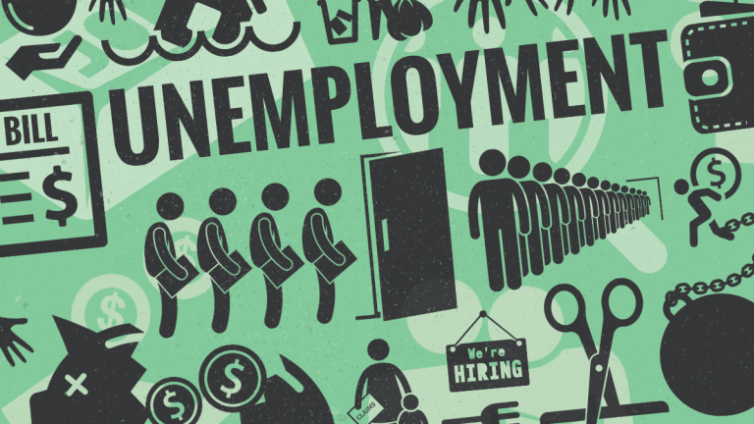The latest social development outlook by the Institute of Statistical, Social and Economic Research (ISSER) has uncovered a concerning trend in Ghana's labour market: unemployment rates are highest among female youth.
The report sheds light on the challenges faced by the country in creating sustainable and secure employment opportunities, particularly for women and young people.
The study identifies various factors that have influenced the nature and quality of employment in Ghana, including past economic conditions such as structural adjustment policies and current global events like the COVID-19 pandemic and the Russian-Ukraine war.
These economic and global conditions have contributed to a negative relationship between GDP growth and joblessness, reflecting the structural changes the Ghanaian economy has experienced over the past four decades.
One notable shift in the economy is the changing contribution of sectors to GDP and their respective employment creation.
While agriculture has dropped to the second spot in terms of its contribution to GDP, it remains the largest sector for employing the majority of Ghana's population. However, the agricultural sector's contribution to employment is steadily declining.
The ISSER report highlights that women and youth, in general, face higher rates of unemployment, with female youth experiencing the highest unemployment rates nationwide. Furthermore, unemployment rates are generally higher in urban areas compared to rural areas.
Self-employment has remained the dominant form of employment since 2000, with more women than men engaged in self-employment activities.
However, the percentage of people employed in waged work has significantly increased since 2000, indicating a shift in the employment landscape.
In response to these alarming findings, ISSER recommends a range of measures to address the unemployment challenges in Ghana.
The report suggests investing in sectors that have the potential to create numerous decent jobs, implementing labour reforms to protect workers' rights, and ensuring state programs for unemployed youth guarantee job security.
Additionally, the report advocates for affirmative action programs to enhance female youth employment rates and emphasizes the importance of investing in sectors that can provide employment opportunities for the country's youth.
Latest Stories
-
Over 19,700 students receive second semester loans – Dr Saajida Shiraz
14 minutes -
AI Collective launches first African Chapter in Ghana to advance inclusive AI development
18 minutes -
Energy Ministry declares Eban-Akoma oil and gas discoveries commercially viable
44 minutes -
Health Minister to register over 16,000 residents under NHIS in Juaboso District
1 hour -
Hairdresser sues SYNLAB Ghana for GH¢10m over false HIV report and deportation
1 hour -
Ghana’s Conviction of Agradaa Sets Legal Precedent for Crackdown on Spiritual Scams
1 hour -
Cardinal Turkson departs for Rome, urges national unity behind President’s vision
1 hour -
NSMQ 2025: St. James Seminary claims Bono-Ahafo zonal title with dominant second round performance
2 hours -
Africa, don’t be fooled by growth statistics: The Zambia 6% ‘Success Story’ is a wake-up call
2 hours -
Health Minister donates 10 motorcycles and 5 incubators to Juaboso District Hospital
2 hours -
Africa Air Badminton Championships kickstart at Laboma Beach in Accra
2 hours -
We will work to leave a legacy in the road sector – Agbodza
2 hours -
Joyce Bawah Mogtari and IMLI Alumni champion Maritime Innovation at Maiden Leadership Day
2 hours -
Dr. Sharon Karbo: A Ghanaian physician leading the charge against cancer and chronic disease
2 hours -
Thomas Partey charged with rape by London Metropolitan Police
2 hours

